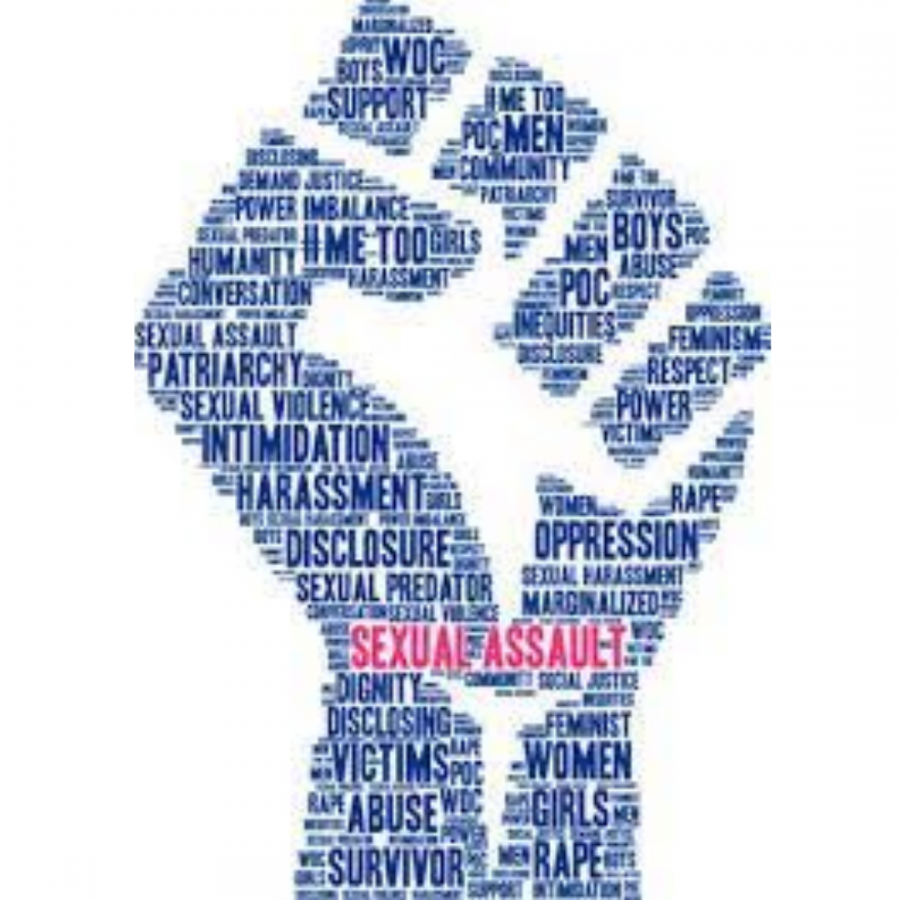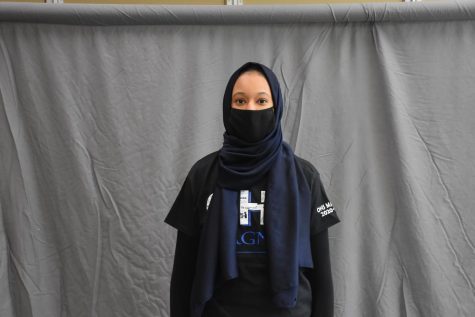Impact on Minnesota Supreme Court decision on consent
The MN Supreme Court made a major decision on the definition of consent. Source: Sexual Assault Stock Illustrations
April 30, 2021
The Minnesota Supreme Court decided that individuals who are under the influence of drugs willingly can consent to sex. People have to be forced to consume drugs for them to be unable to consent. According to The New York Times Court Overturns Sex Crime Conviction Because Victim Was ‘Voluntarily Intoxicated’, “The court cited a statute that says that someone who is under the influence of alcohol, narcotics or other substances lack the judgment to consent to sex only if the intoxicating substance was administered without their agreement.” Now, people who are voluntarily intoxicated can consent to sex, despite being mentally impaired.
The court case that started it all
Four years ago, a woman who willingly got intoxicated was sexually assaulted. Since the Minnesota Supreme Court decided that it was consensual, her case is being retried. According to The New York Times Court Overturns Sex Crime Conviction Because Victim Was ‘Voluntarily Intoxicated’, “On the night of May 13, 2017, a woman consumed five shots of vodka and a prescription narcotic before heading to the Dinkytown neighborhood of Minneapolis with a friend. After a bar turned them away, they met three men who invited them to a party.” Instead of taking the women to a party, the men went against their word and took them to a house. The woman reported the alleged attack to law enforcement. The evidence and information, in this case, is not what is being debated. The core issue is that the Minnesota Supreme Court’s belief that getting voluntarily intoxicated doesn’t meet the requirements to be considered mental incapacitation when giving consent. This case will make it harder for survivors of sexual assault to receive proper justice. This issue isn’t unique to Minnesota. The article Court Overturns Sex Crime Conviction Because Victim Was ‘Voluntarily Intoxicated’ states, “Minnesota is one of about 40 states that do not explicitly prohibit sex with a voluntarily intoxicated victim.” This is an issue that affects people all across America.
What is Victim Blaming?
The main reason this case has produced controversy is that victims are being blamed for what happened to them. According to Harvard Law School How to Avoid Victim Blaming, it says, “Victim-blaming is the attitude which suggests that the victim rather than the perpetrator bears responsibility for the assault. Victim-blaming occurs when it is assumed that an individual did something to provoke the violence by actions, words, or dress”. This court case is an example of victim-blaming. They blamed the women for their sexual assault because they got voluntarily intoxicated. This is a reason why a lot of people don’t report sexual assaults. The article The Criminal Justice System Statistics, states, “Only 230 out of every 1,000 sexual assaults are reported to the police. That means about three out of four go unreported”. The vast majority of sexual assaults go unreported. In that same article, it is stated that 20% of victims don’t report their sexual assault because they feared retaliation. Victim blaming makes a hard situation more difficult when people are told it’s their fault.
Survivors of sexual assault need to be protected and have a justice system that works for them. Minnesota can start by passing a law that labels individuals who are voluntarily intoxicated as mentally incapacitated to be able to give consent. Legislation that gives a clear definition of what consent means needs to be created. Victims of sexual assault should have a system and a set of laws that protect them, not the other way around.
There are many organizations that are advocating for new laws and offers support to victims of sexual assault. The Youth Against Sexual Violence (YASV) fights the injustices that sexual assault survivors go through and provides support as well. The National Sexual Violence Resource Center (NSVRC) hosts a Sexual Assault Awareness Month in April and during the entire month, they educate people on various topics regarding sexual assault. For more resources, the Minnesota Department of Public Safety offers a Resources list for victims.







